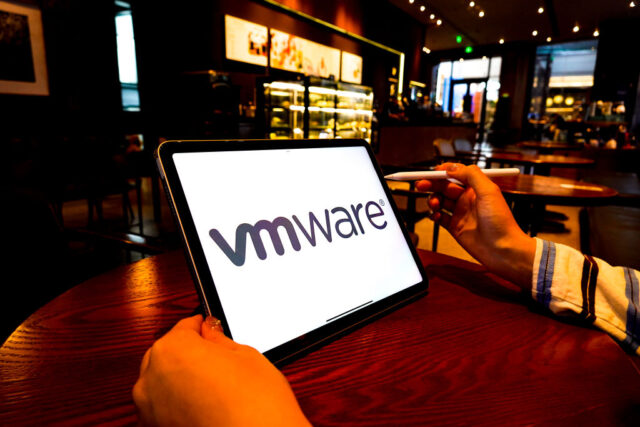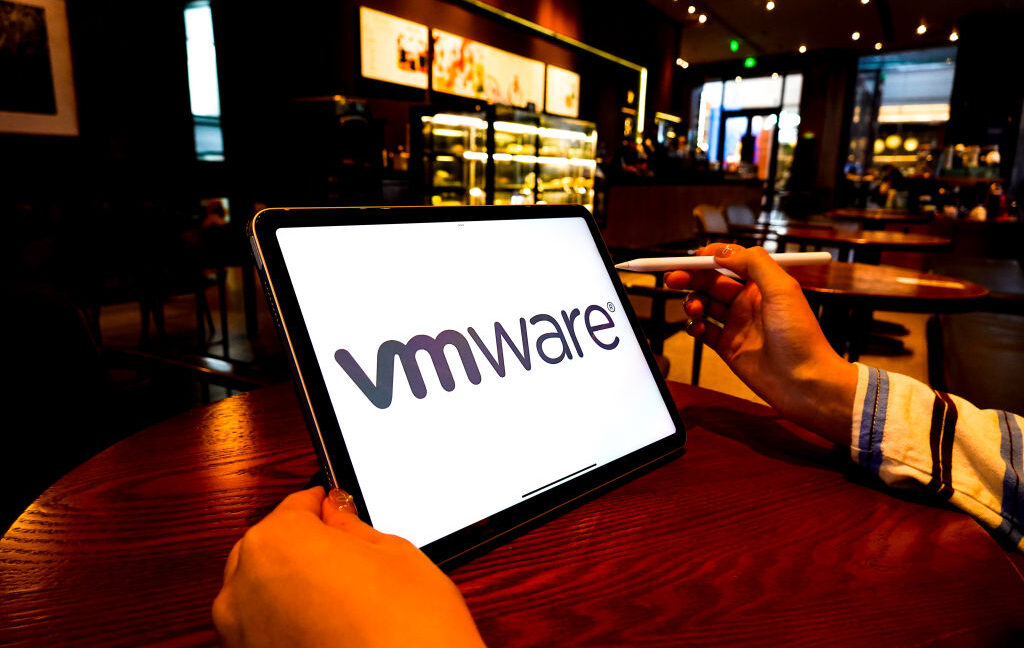Broadcom's ownership of VMware has discouraged many of its customers, as companies are displeased with how the trillion-dollar firm has run the virtualization business since buying it in November 2023. Many have discussed reducing or eliminating ties with the company.
Now, over a year after the acquisition, the pressure is on for customers to start committing to a VMware subscription, forego VMware support, or move on from VMware technologies. The decision is complex, with long-term implications no matter which way a customer goes.
Ars Technica spoke with an IT vendor manager who has been using VMware's vSphere since the early 2000s. The employee, who works for a global food manufacturing firm with about 5,500 employees, asked to keep their name and company anonymous due to privacy concerns for the business.
"We love it. ... It's hard for us to figure out how we can live without it, but we're going to," the IT manager said.
The food manufacturer has about 300 VMware virtual machines (VMs), and every company application runs on top of VMware. Its five-year enterprise agreement with VMware expired in December, making the manufacturer ineligible for VMware support unless it buys a VMware subscription. The company started exploring virtualization alternatives this summer because costs associated with running vSphere are set to rise fourfold, according to the IT manager. As with other VMware customers, the price increases are largely due to Broadcom bundling unwanted VMware products together.
"They wouldn't sell us what we need," the IT manager said.
While it looks for a new platform, the manufacturer is relying on support from Spinnaker, which started offering software maintenance support for VMware following Broadcom’s acquisition. In an example of how widespread VMware support concerns are, Spinnaker’s VMware support business has had more leads than any of Spinnaker's other support businesses, including for Oracle or SAP, said Martin Biggs, Spinnaker’s VP and managing director of strategic initiatives and EMEA.



 Loading comments...
Loading comments...
